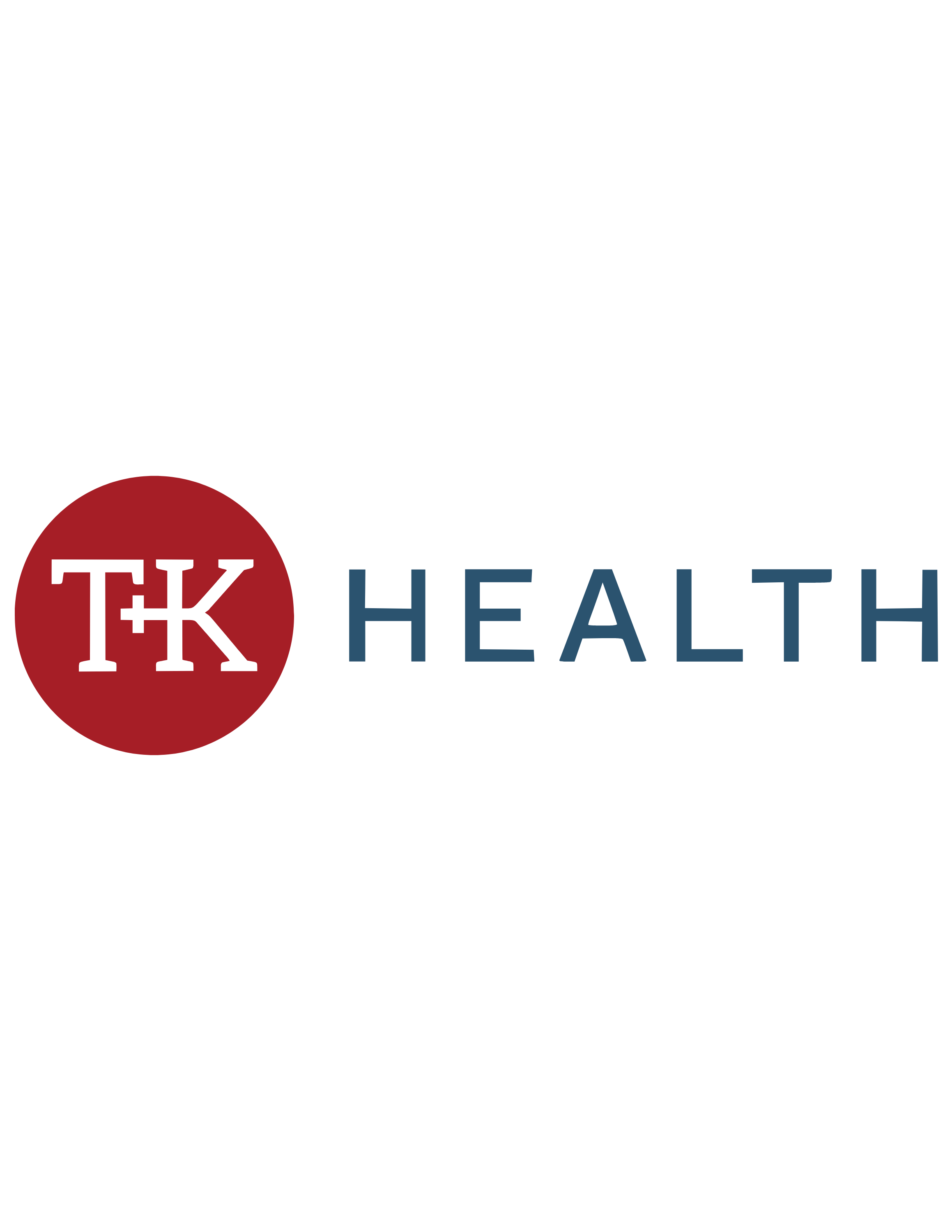You became a nurse because you want to care for people and make a difference in the lives of others. You’ve likely considered various nursing roles, but have you explored the possibility of being a correctional nurse? Correctional nurses help some of the most vulnerable populations and make a real difference in their lives.
The Role of a Correctional Nurse
A correctional nurse provides healthcare services to people incarcerated in correctional facilities, such as prisons, jails, and juvenile detention centers.
The role of correctional nurses includes:
- Delivering medical care
- Managing chronic health conditions
- Addressing mental health needs
- Responding to emergencies
Correctional nurses work closely with other medical professionals and correctional staff to ensure inmates’ well-being. They handle medical issues from routine health checks to acute injuries.
Qualifications and Traits of Correctional Nurses
To become a correctional nurse, a healthcare professional must meet educational, licensing, and professional qualifications. It’s also helpful if people wanting to become correctional nurses have certain traits that make them more apt to succeed.
Qualifications to become a correctional nurse are:
- Degree. A correctional nurse must have a nursing degree, either an Associate Degree in Nursing (ADN) or a Bachelor of Science in Nursing (BSN), depending on the employer.
- Licensing. A correctional nurse must pass the licensing requirements to become a Registered Nurse (RN), Licensed Vocational Nurse (LVN), or Licensed Practical Nurse (LPN). Each state has its own licensing requirements, so correctional nurses must have an active license in the state where they will work.
- Experience. While some correctional facilities hire newly licensed nurses, many prefer candidates with prior experience, particularly in emergency rooms, mental health clinics, or public health facilities.
- Certifications. Some employers may ask for special certifications, like the Certified Correctional Health Professional (CCHP), demonstrating a nurse’s expertise in correctional healthcare.
In addition to specific educational and licensing requirements, the most successful correctional nurses have certain traits. These traits help people excel in this specialized type of nursing.
Correctional nurses need traits such as:
- Resilience. Correctional centers can be high-stress environments with exposure to difficult situations. Correctional nurses must handle emotional strain, stress, and potentially hostile patients while maintaining professionalism.
- Strong Ethical Standards. Ethical dilemmas may arise when treating inmates. Correctional nurses must maintain strong ethical standards while also following facility rules and regulations.
- Compassion and Empathy. Correctional nurses need to provide compassionate care without judgment. Inmates may be dealing with complex physical and mental health concerns. Empathy is critical to building trust and improving health outcomes.
- Adaptability. Correctional nurses often work in unpredictable situations. Adaptability is essential for making quick decisions, managing emergencies, and working within the facility’s restrictions.
- Cultural Competence. Correctional nurses must understand cultural differences and provide appropriate care to people of various ethnicities, socioeconomic statuses, and life experiences.
- Patience. Working with an incarcerated population may require extra patience because some inmates can be distrustful, uncooperative, or difficult to manage
- Critical Thinking and Problem-Solving Skills. Correctional nurses must assess situations quickly and make informed decisions while navigating emergencies or unique health challenges.
- Security Awareness. Correctional nurses must constantly be aware of their surroundings. They must follow strict security protocols, be mindful of potential dangers, and balance healthcare and safety.
Benefits of Being a Correctional Nurse
Being a correctional nurse and serving others in this unique environment offers many personal and professional benefits.
Job Stability and High Demand
Correctional healthcare is a growing sector due to the, unfortunately, rising number of incarcerated people. Nearly two million people are incarcerated in the U.S., and the number grows every year. These people have a constitutional right to healthcare, creating an ongoing need for correctional nurses.
Competitive Pay and Benefits
Due to the challenging nature of their work, correctional nurses often receive higher pay and better benefits packages than nurses in traditional healthcare settings. The average pay for a registered nurse is about $45 an hour. Pay rates depend on the state you live in and your employer.
Opportunities for Professional Growth
Correctional nurses gain experience in a range of areas, from primary care and emergency medicine to mental health and chronic disease management. This diverse experience can enhance their clinical skills and open doors for future career opportunities.
Autonomy and Leadership
Correctional nurses often work independently, allowing them to make critical decisions about patient care. This level of autonomy can be rewarding and help develop strong leadership and decision-making skills.
Work-Life Balance
Correctional nurses typically work structured shifts with predictable schedules, which can lead to a more balanced work-life routine compared to other types of nurses, who may face unpredictable hours or on-call shifts.
Emotional Reward
While difficult, working with incarcerated individuals can lead to impactful, meaningful interactions where nurses can see the positive change they make in someone’s life, particularly when patients show improvement or gratitude.
Challenges Correctional Nurses Face
Correctional nurses face challenges that differentiate their role from others in nursing. These obstacles arise mostly from the setting and patient population. Here are some of the key challenges correctional nurses face.
Safety and Security
Correctional nurses must recognize that they work in a secure setting where safety protocols are paramount. Balancing patient care with personal security requires nurses to follow strict guidelines for interacting with inmates.
Nurses may encounter patients who are aggressive, manipulative, or have a history of violent behavior. This patient load requires maintaining constant awareness and understanding of how to de-escalate potentially volatile situations.
Ethical Dilemmas
Nurses must navigate the ethical tension between advocating for the health needs of their patients and adhering to facility rules. They also have to care for people who have committed serious crimes. Correctional nurses must focus on the patient’s health without allowing personal biases to interfere.
Complex Patient Population
Inmates have higher rates of chronic conditions, infectious diseases, mental health issues, and substance concerns. Corrections nurses must be prepared to address these health challenges.
Mental and Emotional Stress
The correctional setting can be emotionally taxing, as nurses may be exposed to trauma, violence, or the difficult personal circumstances of their patients. Witnessing the health impact of incarceration can lead to burnout or compassion fatigue.
Limited Continuity of Care
Inmates may be transferred between facilities or released without warning, making it difficult to establish long-term care plans or track patient progress. Nurses must adapt quickly and ensure that care is as effective as possible within the time they have.
Legal and Documentation Challenges
Correctional nurses are required to maintain detailed medical records, not only for patient care but also for legal and security purposes. This requirement can add to their workload, especially if an incident occurs that requires investigation.
Working as a Correctional Nurse with TK Health
TK Health, an Oklahoma-based correctional healthcare provider, employs about 760 nurses in jails across the region. Our team oversees the day-to-day healthcare operations in facilities with inmate populations ranging from 25 to more than 2,000 inmates. We provide excellent pay and benefits. Want to work for TK Health? Learn more about joining our team.

